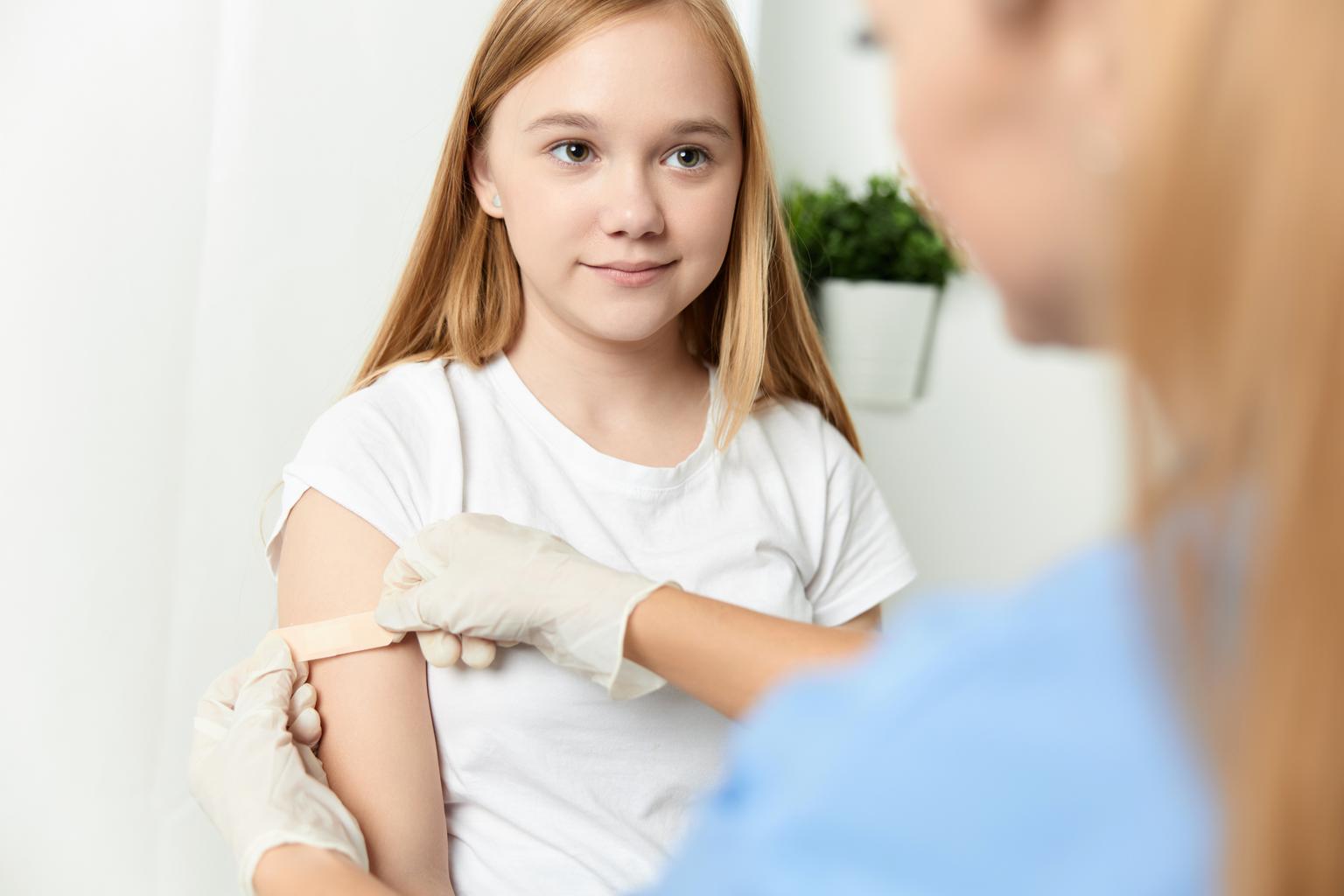The coronavirus pandemic has thrown the relationship between travel and infectious disease into sharp relief. Case studies help unpack the connection.
Even before COVID-19 brought worldwide travel to a halt, concerns about travel and infectious disease were familiar to any seasoned vacationer who has undergone screening prior to an international trip. Other parties are at risk as well, from business travelers and new immigrants to physicians making mission or research trips around the world.
Of these populations, a not insignificant percentage develop fevers while abroad or once they return home. As Robert Bollinger, MD, explains in his talk "Case Studies of Travel-Associated Infectious Disease," now available for CME credit through AudioDigest, deciphering what a fever means requires understanding the travel location and what might be endemic around the world.
What pathogens should we look out for?
Epidemiological studies of travel and infectious disease help determine which pathogens require vaccinations. As Dr. Bollinger discusses, plasmodium such as Falciparum malaria and bacteria such as salmonella are some diseases that must be ruled out in the correlation between travel and infectious disease, given their high morbidity rates. Flaviviridae, Togaviridae and even Coronaviridae are all monitored by the Centers for Disease Control and Prevention (CDC), which keeps reports of recent travelers' cases, including symptoms and incubation periods, as well as transmission rates and endemic regions.
Pathogens of greatest concern may fluctuate by season and by current public health measures in place in the endemic region. And, in the age of the COVID-19 pandemic, reports from the CDC may include recommendations for travel practices, including travel bans and guidance about travel to and from the United States, to ensure safety.
Where are the hotspots, and who needs screening?
While areas in Asia, South America and Western Africa may be endemic for certain pathogens, the CDC provides accurate information regarding the scope of disease both internationally and on domestic soil.
Dr. Bollinger highlights the need to assess both local and international travel; whether the destination is the Caribbean or northern Illinois can determine who may require additional screening. Certain species of mosquito and certain small mammals are often vectors. Given the prevalence of these vectors in particular regions, travelers from these parts of the country or the world may require screening, depending on their symptoms, to avoid delays in treatment.
In the case of human transmission, evaluations for risk are made based on prevalence in regions. Recommendations from the CDC may also, as with the novel coronavirus, include a quarantine for a determined incubation period for those arriving in the United States from areas of high prevalence or with ongoing widespread transmission of the disease.
When and whom do we treat?
As patients present with fevers, arthralgias and other symptoms to emergency departments, clinicians must assess the risk of particular pathogens given the crossroads of travel and infectious disease.
New information regarding disease prevalence and incidence will guide CDC recommendations and clinician best practices. Whether these are new or well-studied viral, bacterial or parasitic diseases, an understanding of patient risk and disease pretest probability is critical to determining the need for screening, completing accurate diagnosis and initiating early treatment. Treatment may be symptomatic when curative therapies are still in development, as is the case with COVID-19. And while some treatments exist for a variety of other pathogens, prophylactic vaccination is often a better step to allow inoculation before travel.




